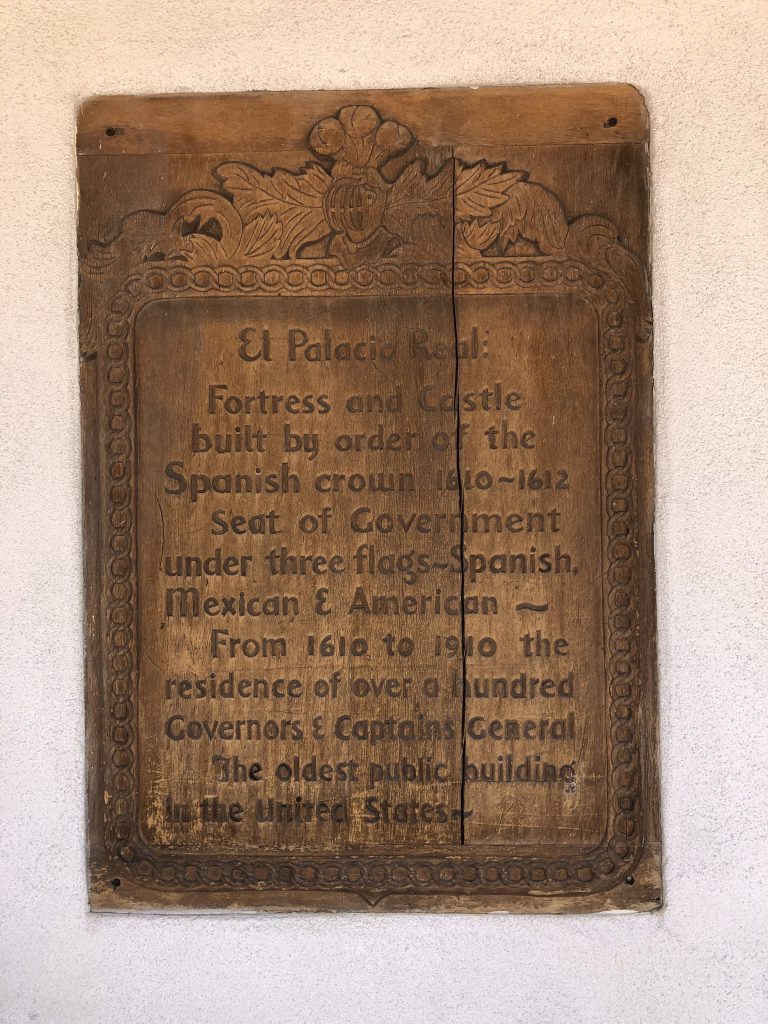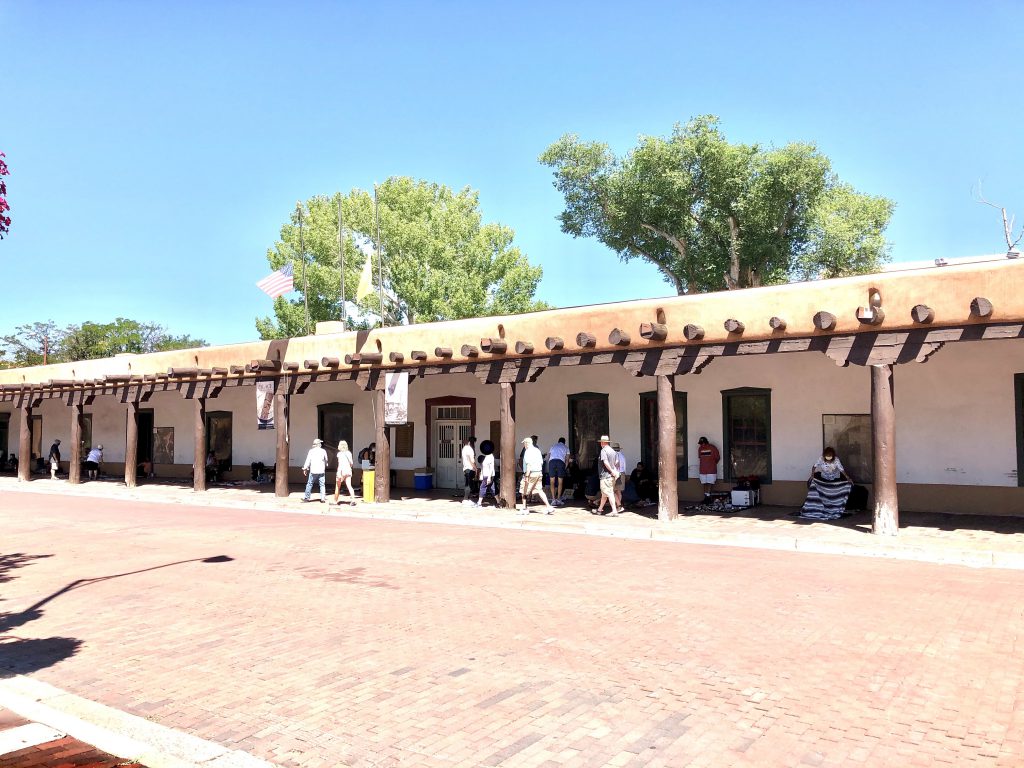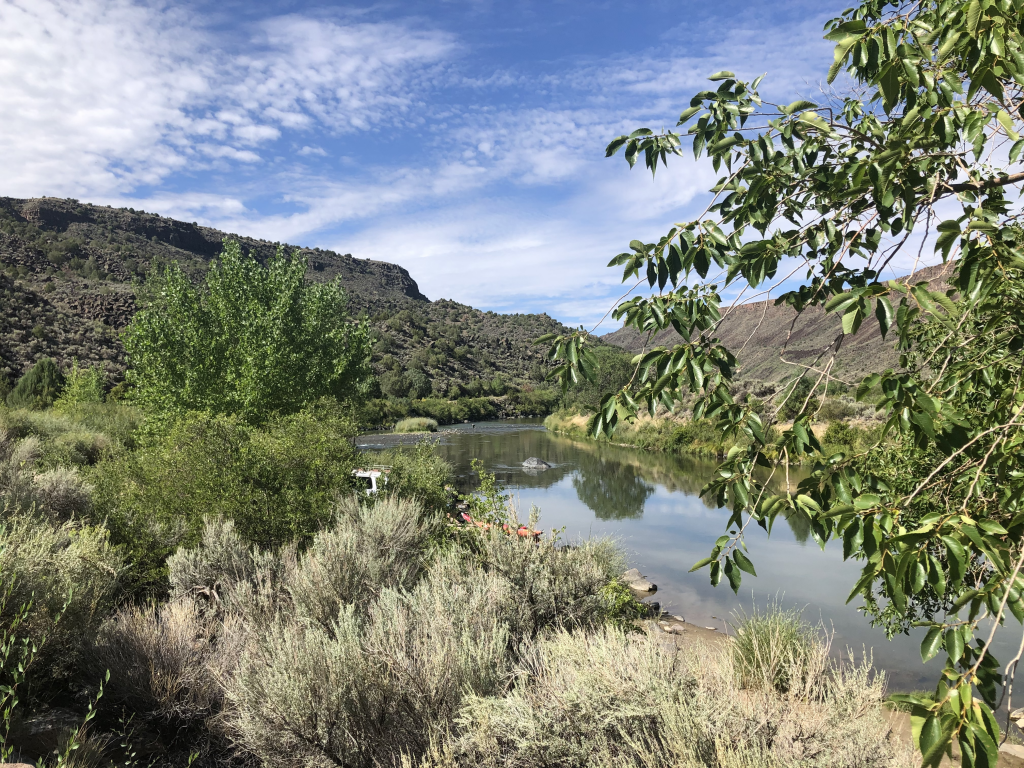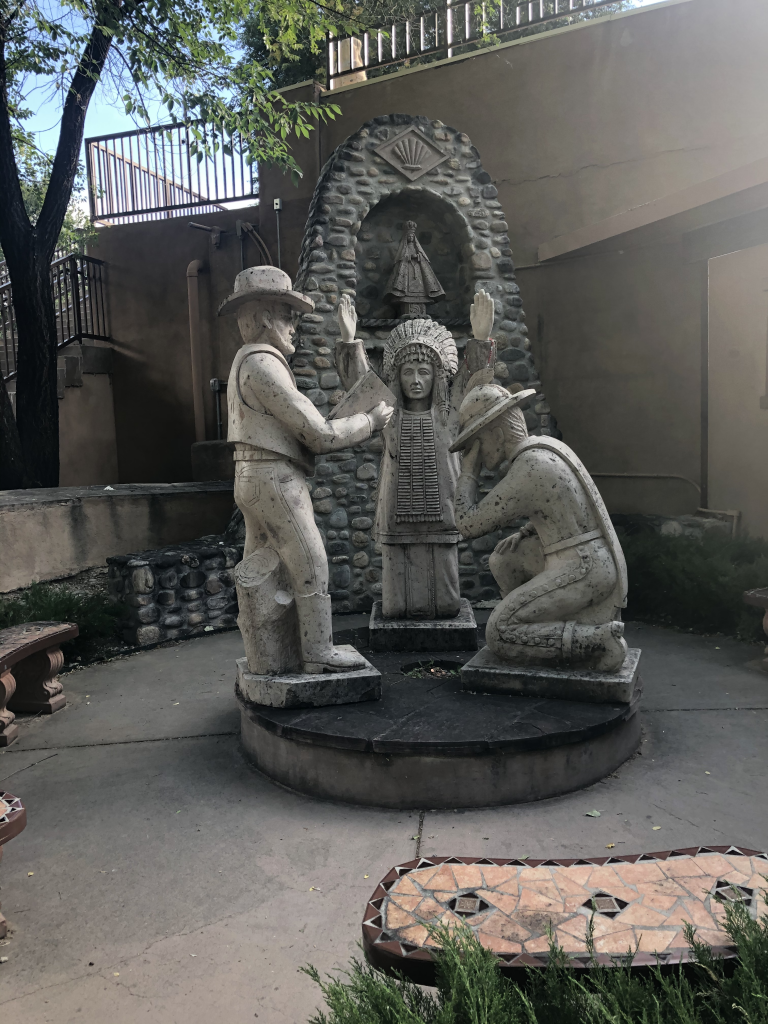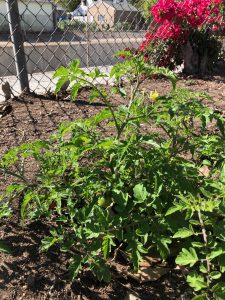Algo que comencé a notar en estos últimos meses, y me sorprendió mucho, es como características tan simples, definen monumentalmente nuestra experiencia diaria y nuestra vida. Por ejemplo, algo básico, que todo ser humano tiene, como su sexo al nacer, crea un sinfín de expectativas en los demás y en uno mismo sobre como debemos comportarnos, desear, trabajar y sentir.
De las expectativas y prejuicios que más se intensifican son los relacionados a nuestra apariencia física. Si creciste como mujer en gran parte del mundo, el ideal corporal es que te veas como un palo de delgada. Por lo cual, todo tipo de personas comienzan a tener una opinión y creer tener el derecho a compartírnosla.
Estos comentarios y creencias conlleva a despertar una relación con nuestra imagen corporal muy dañina. Como a un cachorrito que traté de educar en mi niñez con gritos y regaños para que no hiciera popó dentro de la casa, lo cual lo llevó a que comenzara a llorar cuando quería hacer popo, similar se vuelve la relación con nuestro cuerpo y con la comida bajo estas expectativas, juicios y críticas que se dan y reciben sin ton ni son. Las cuales buscan regular nuestra forma de comer y nuestra apariencia física.
Mi relación con la comida surge dentro de esta visión social, en donde el comer o no comer se asocia a sentimientos de vergüenza, al aborrecimiento a ciertas versiones de nuestro cuerpo y a la recriminación y culpa con uno mismo. Todos esto relacionado con algo tan esencial como comer e intensificado debido a algo tan elemental, como ser mujer.
Conforme cultivo mi jardín y aprendo más sobre la relación entre las plantas que cultivamos para comer y el impacto que tienen en ellas los minerales, pesticidas, luz y agua que les damos como alimento, mi entendimiento sobre mi cuerpo y lo que como, se transforma, haciendo emerger una nueva posibilidad de ser.
En esta visión, lo que elijo comer no es en base a lo que juicios y prejuicios corporales, sino se convierte en un regalo, un ofrecimiento de la tierra a lo que mi cuerpo necesita para ser feliz. El alimento que decido elegir se vuelve un acto de amor a uno mismo, aunque la nutrición de este amor no llegase a ir acompañada al cuerpo del modelo de revista o de televisión.
Al igual como una planta requiere nitrógeno, potasio y otros minerales, mi cuerpo también necesita un poco de agua, de azúcares, de grasas. Cuando le comienzo a poner atención, me doy cuenta de que así como no todas las plantas son iguales, no todos los cuerpos necesitan lo mismo para estar bien. Por ejemplo, comparado con otras personas que conozco, a los granos refinados los digiero muy rápido, lo que conduce a que almacene más energía en mi cuerpo de la que puedo consumir. En base a este aprendizaje, veo que con tan sólo cambiar el arroz blanco (que por cierto, aumenta el riesgo de diabetes) por un grano entero (como la quínoa o el arroz silvestre), mi grasa corporal regresa a mi nivel natural.
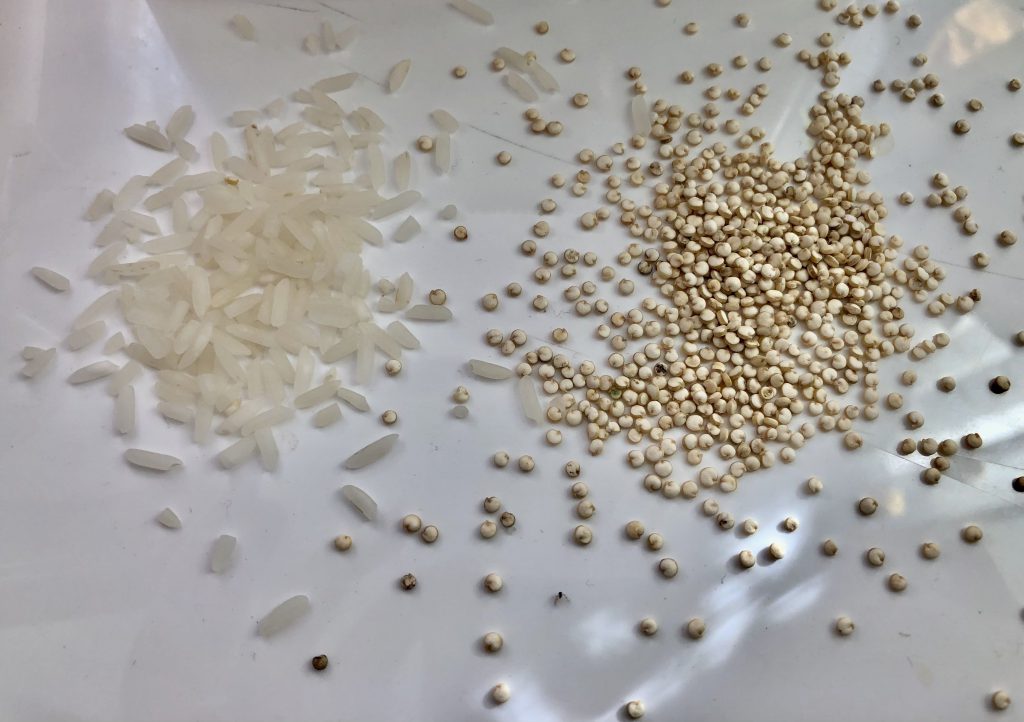
Enfocándome en descubrir cual es el nitrógeno necesario para mi jardín, en lugar de tratar de encajar mi grasa corporal a las expectativas de lo que una mujer debe o no debe ser, es una relación en la cual el amor de este entendimiento hace florecer mi cuerpo como la flor que realmente soy y no el intento de flor que otros creen nací para ser.
“In order to be loved, we have to love, which means we have to understand.”
Thich Nhat Hanh
“If you offer your beloved something she does not need, that is not maitri. You have to see her real situation.”
“If you were to say to me, `Thây, I love you so much I would like you to eat some of this durian [which Thây doesn’t like],’
I would suffer. You love me, you want me to be happy, but you force me to eat durian. That is an example of love without understanding. Your intention is good but you don’t have the correct understanding.”
“Without understanding, your love is not true love. You must look deeply in order to see and understand the needs, aspirations and suffering of the ones you love. Love brings us joy and well-being. It is as natural as the air. We are loved by the air; we need fresh air to be happy and well.”


